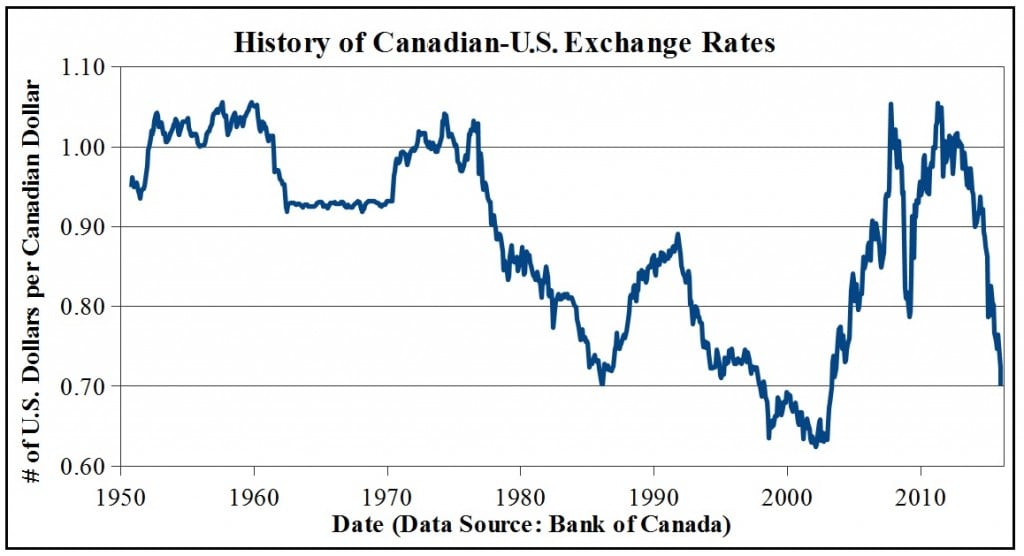All the more reason why his celebrity appeal was so beneficial. He didn't win the campaign solely off his platform, but--largely among youth voters--because he is young, charming, handsome, "in touch" and has that casual/regular guy appeal (like he is someone's cool uncle), etc. Many shallow, apathetic girls voted for him just because they think he is cute. His image was/is a massive advantage for him. And no doubt his drama background helped him convince many people to vote for him. Have just about anyone else run the same campaign (especially some square, older white guy) and the results wouldn't be nearly what they were. No one voted for Stephen Harper because they think he is a hip, sexy guy with a hairy chest...Well, maybe some did. I swear, I wasn't one of them.






